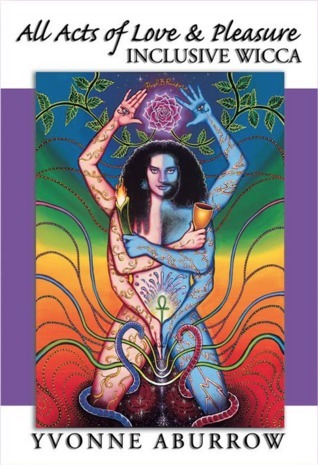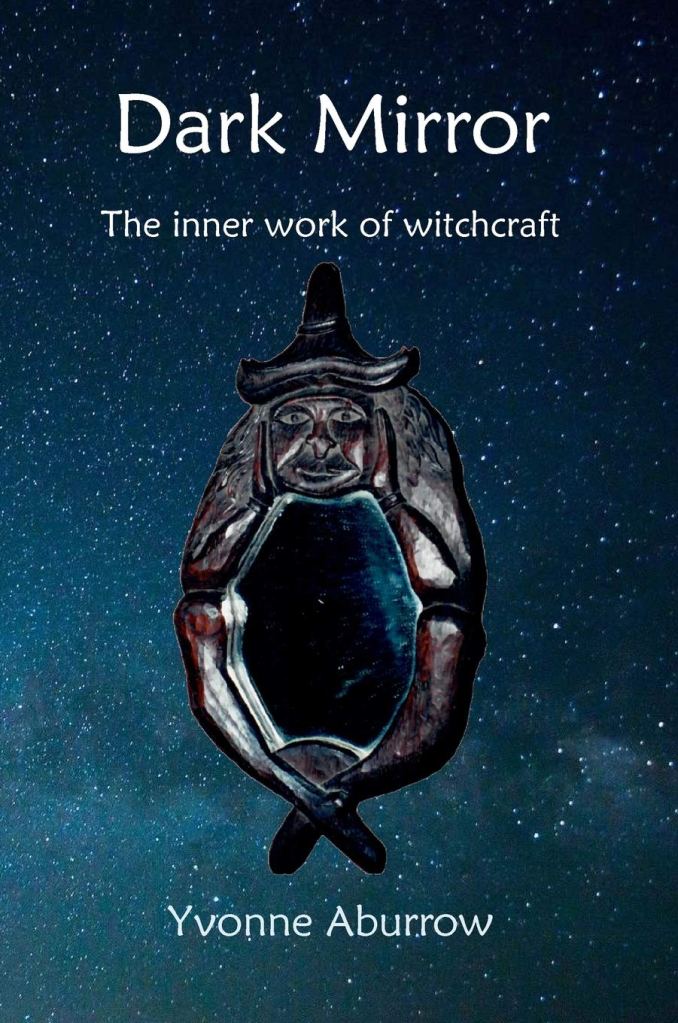Every time an advance is made in people actually respecting and accommodating others’ bodily autonomy, gender identity, disability, sexual orientation, or other difference, you are sure to hear the cry “it’s political correctness gone mad!”. A similar cry, of “Alphabet Soup!”, goes up whenever a new letter is added to the LGBT+ acronym.
What you are hearing is the sound of the privileged complaining about a loss of privilege (otherwise known as ‘playing the game of life on a lower difficulty setting than other people‘, or ‘getting away with stuff that minority groups would not get away with’, e.g. Ryan Lochte, Brock Turner, and many other similar cases).
Examples of advances in respect for others include the word cisgender being added to the Oxford English Dictionary, having gender-neutral toilets, labelling food for allergens, providing food for people with special requirements (halal, vegan, vegetarian, coeliac, etc), providing electricity for disabled people to recharge their wheelchairs, implementing consent policies at Pagan events… the list goes on. You name it, someone will probably have exclaimed “it’s political correctness gone mad!” (or something very similar) in response to every social advance that has ever been made, right back to that dangerously radical innovation of giving the vote to women, or perhaps even further back than that.
Where does this insidious phrase come from? Its history is quite convoluted, but it has often been used as a pejorative term, and was fairly obscure (and a left-wing in-joke) until it was taken up by conservatives who were opposed to progressive educational policies. After George Bush Snr used it at a commencement ceremony at the University of Michigan in 1991, its use became widespread among conservatives to refer to anything they regarded as an “imposition of liberal orthodoxy”. It use rapidly spread to the UK, where it is used every time someone wants to do something inclusive and someone else perceives that their privilege will be eroded by being more inclusive.
One example of privilege is that non-disabled Pagans don’t have to worry about wheelchair access to venues, and expect public Pagan events to be low-cost or free, so when event organisers book a venue, they are constrained by these expectations to look for lower-cost venues, which often don’t have wheelchair access. When it is suggested that all public Pagan events should be wheelchair-accessible, even if it costs more, you are sure to hear cries of “it’s political correctness gone mad” – despite the fact that accessibility is actually a legal requirement for public events.
Similarly, inclusive Wicca advocates an expanded understanding of concepts like polarity, and a few tweaks to Wiccan rituals, to accommodate a more up-to-date concept of gender and sexuality. To hear the howls of protest from some quarters, you would have thought that inclusive Wiccans had advocated abolishing the whole of Wiccan liturgy, or something. (Meanwhile, many people outside Wicca are baffled that we are still having a conversation about this in the early 21st century.)
As Neil Gaiman wrote, however:
I was reading a book (about interjections, oddly enough) yesterday which included the phrase “In these days of political correctness…” talking about no longer making jokes that denigrated people for their culture or for the colour of their skin. And I thought, “That’s not actually anything to do with ‘political correctness’. That’s just treating other people with respect.”
(Yet another reason to love Neil Gaiman.) He goes on to suggest that people should try replacing the phrase “politically correct” wherever we can with “treating other people with respect”. And now, thanks to a New Zealander called Byron Clark, there’s actually a Google Chrome extension that does exactly that.
The latest version of “it’s political correctness gone mad” has emerged from some sections of polytheism: the accusation of “putting politics before gods”. It is particularly insidious because it implies that those of us who care about respecting the rights of our fellow humans (and of other animals) are somehow impious.
The central tenet of my religion is “only connect”: connect with other beings, respect their autonomy, honour their dreams and aspirations, and recognise the divinity within them.
I believe that divinity is immanent in everything; every being has the seeds of godhood within them. Some choose to trample on the seed, others choose to nurture it towards growth – but divinity is everywhere, however dimly reflected.
If I deny the divinity immanent in my fellow beings, then I am also denying the divinity of gods, who are expressions of the same divinity.
Therefore, in my world, treating other people with respect is honouring the gods. The ancient stories of gods and angels visiting humans disguised as mortals are metaphors to express this idea. You never know whether the stranger to whom you showed hospitality and respect was a god in disguise – so you may as well behave as if everyone you meet is a god in disguise. Because actually, they are.
If you enjoyed this post, you might like my books.



A cold comfort but perhaps still a comfort, whenever I hear someone say ‘political correctness’, I know that they have been made uncomfortable and defensive. And I can pray that this discomfort is part of them knowing that they are defending the indefensible. A cold comfort however, as a bully can still hit, and cruelty is still cruelty regardless of its trigger.
LikeLike
Pingback: Anti-racism 101 | Dowsing for Divinity
Pingback: Anti-racism 101 – Pray With Your Feet